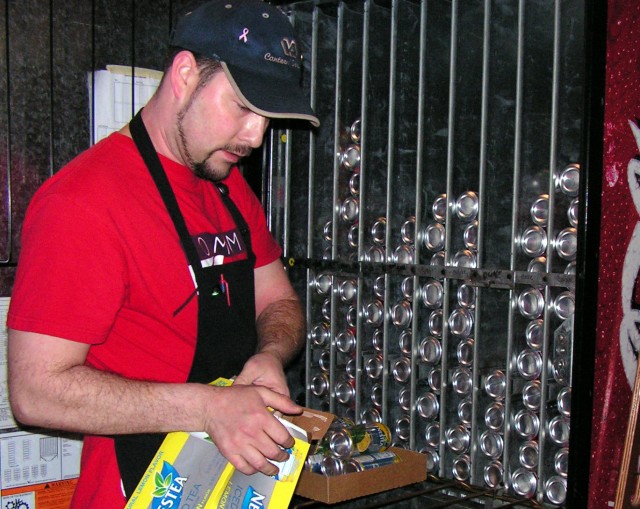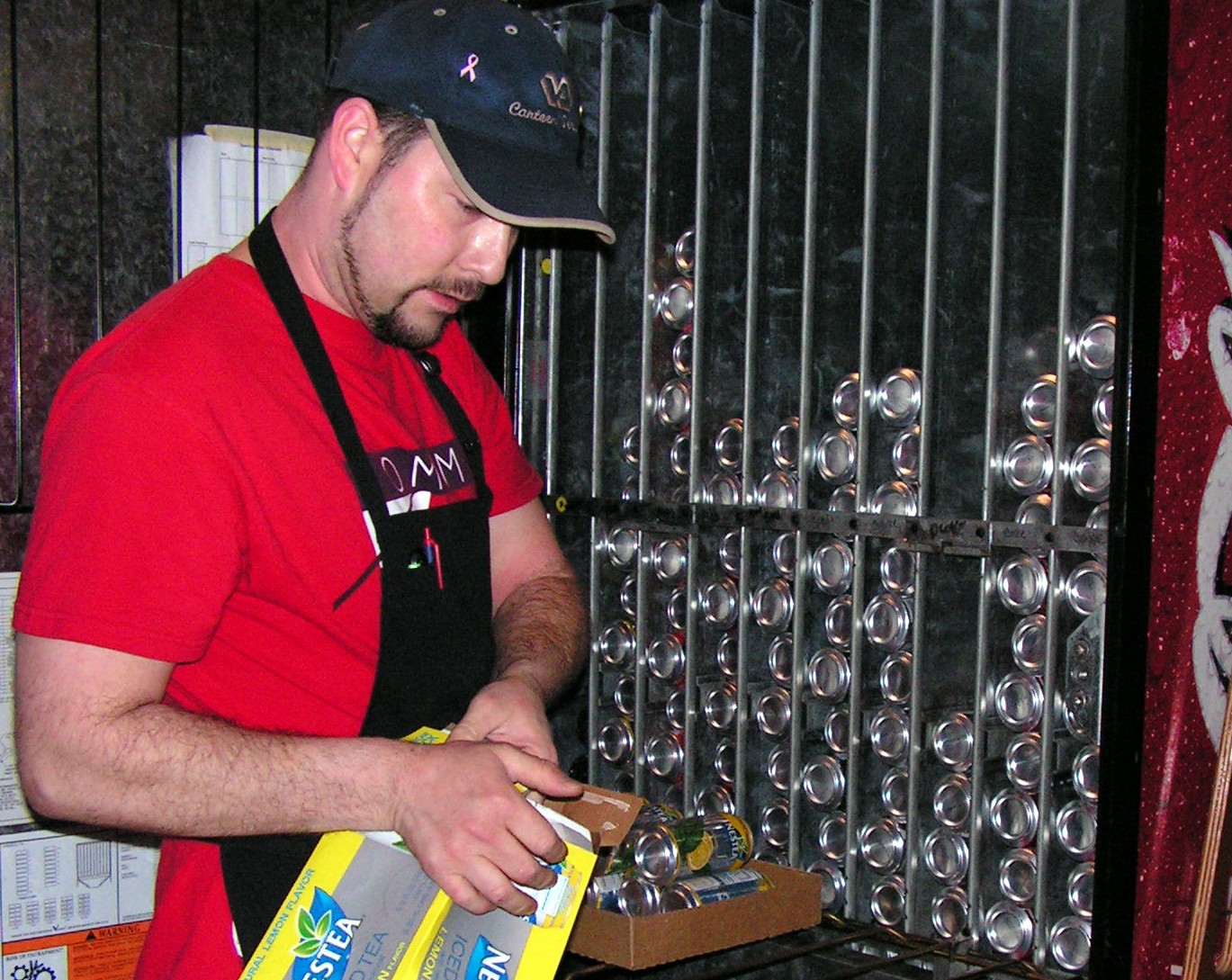TACOMA, Wash. - More than two decades removed from his Army service, Bill Shannon struggled with an alcohol problem. He decided to seek help.
"I came here," Shannon said. "I went through the program here."
He referred to what is now the American Lake Division of the Department of Veterans Affairs' Puget Sound Health Care System, where Shannon found a home.
"I've been housekeeping here since '94, full time," said Shannon, 57, justifiably proud of his many years of "sobriety with a job."
The route to his federal career went through the "Compensated Work Therapy Program" that continues to this day at American Lake and other VA facilities around the country. In it, veterans are given three-month, temporary positions to develop proper work habits before entering the civilian work force.
Marny Howell, a vocational rehabilitation counselor with the American Lake CWT, said veterans in the program "practice work habits and work skills - you know, attendance, punctuality, hygiene, productivity - the basic things that any employer would look for. They can kind of iron out maybe what those problems were or things that caused them to lose their jobs in the past.
"The purpose of it is to assist veterans with these multiple issues and disabilities. We give them a safe environment to kind of transition back into civilian, competitive, community employment."
While they work in the program, veterans meet weekly or biweekly with Howell or another vocational rehabilitation counselor to look for those jobs in the community.
"They get paid minimum wage while they're in this position, and it's not taxed," Howell said. "It's considered to be a veteran's benefit, like their service-connected disability. So that's a big incentive for them."
Navy veteran Roger Jackman is a more recent CWT graduate than Shannon. Jackman also fought his way through alcohol issues and was hired in June 2008 as a vending supply clerk by Canteen Services at the American Lake VA.
"It's working out great," Jackman said. "It fits me, and I just like what I'm doing. People like to see me coming. I come with all the candy and all the sodas."
Jackman, who served in the Navy after high school from 1992 to 1994, checked into American Lake after getting a DWI. Then he got into the CWT program, working in the canteen.
"It's just I happened to be in the right place at the right time," Jackman said. "All in all, it was a pretty good program."
A new crop of CWT alumni - young veterans of operations Iraqi Freedom and Enduring Freedom - have joined Shannon and Jackman.
"We work primarily with people with mental-health disabilities and co-occurring substance-abuse disorder (and) homelessness," said Howell, adding that the younger veterans are "more challenging, actually, than I thought they would be. They don't have as much life experience, and they have more significant disabilities, or they're more willing to talk about them."
Those veterans are seeking to enter one of the most challenging job markets in decades.
"There's much more of a demand, right now, for these slots," Howell said. "We have about 15 to 20 slots at a given time here at American Lake. The demand is growing because of the economy."
Some CWT program participants wind up working for Shannon.
"Bill's one of our more accommodating CWT site supervisors," Howell said. "He doesn't push them to work beyond their tolerances, which is good."
It's because Shannon has walked in their shoes.
"That's where I started," Shannon said. "I know some can't do certain things. As long as they can do something, I'll keep them working.
"They're the same kind of guys. A lot of them want to work, and they just have problems. They're happy to come to work. They're glad they're doing something."
Shannon pointed out that some CWT graduates he supervised have gone on to full-time jobs. One of them is Johnny Hardy, 53, who now works in Seattle.
Hardy, who was in the Army from 1972 to 1976, said he came out of the CWT program on a Thursday last June and had a job by the following Monday.
"It's a great program," Hardy said. "I would recommend it to anyone."
"So it works," Shannon said. "Yeah, I'm living proof."
Bob Reinert is a reporter with Fort Lewis' Northwest Guardian.


Social Sharing